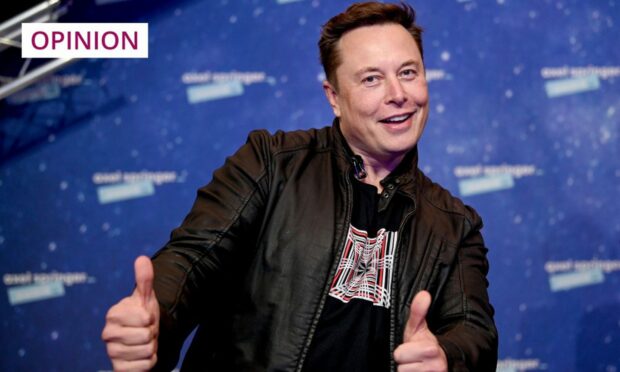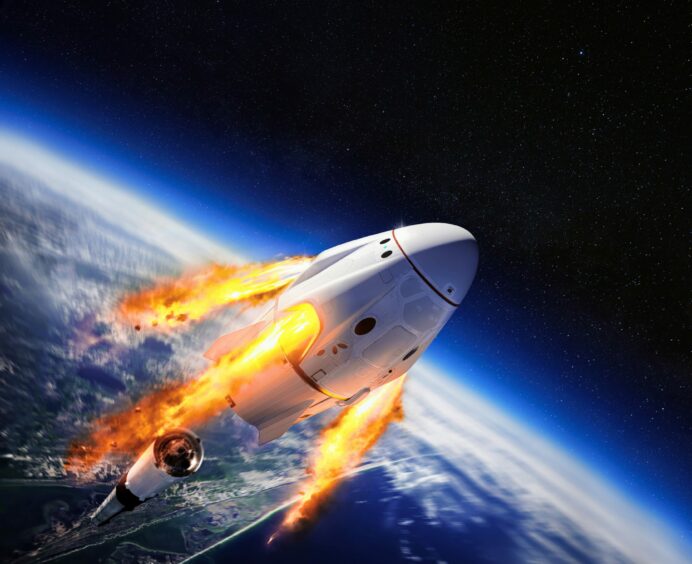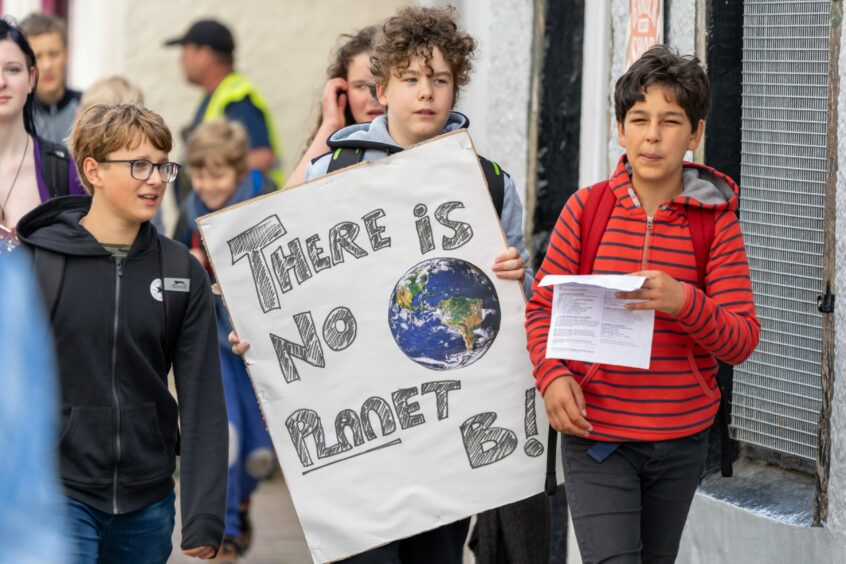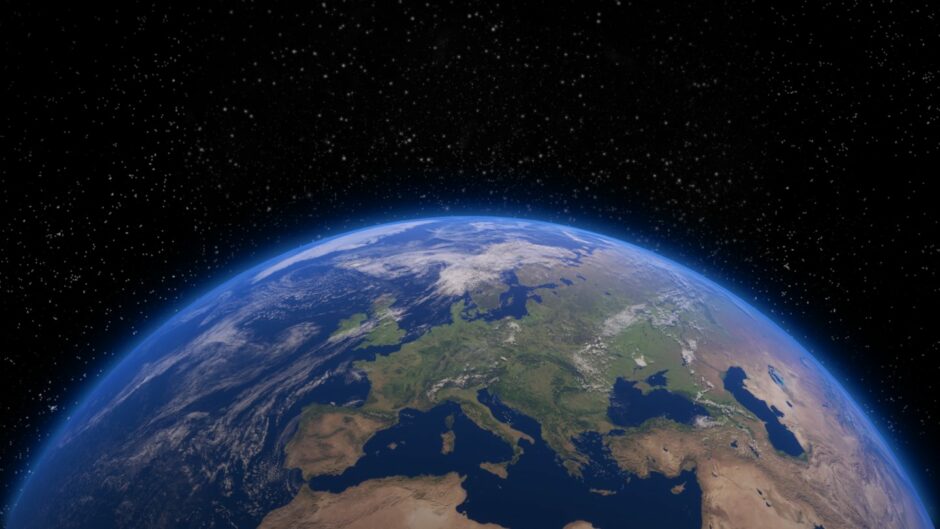Stephen Hawking proposed a doomsday scenario in which humanity might have as little as 100 years before leaving Earth.
Elon Musk does not want to wait for that long.
Humanity successively conquered planet Earth and entered the space age with the launch of Sputnik-1 in 1957.
Is human settlement beyond our home planet a natural consequence of our existence and of our capabilities for exploring our surroundings?
Where does our future lie?
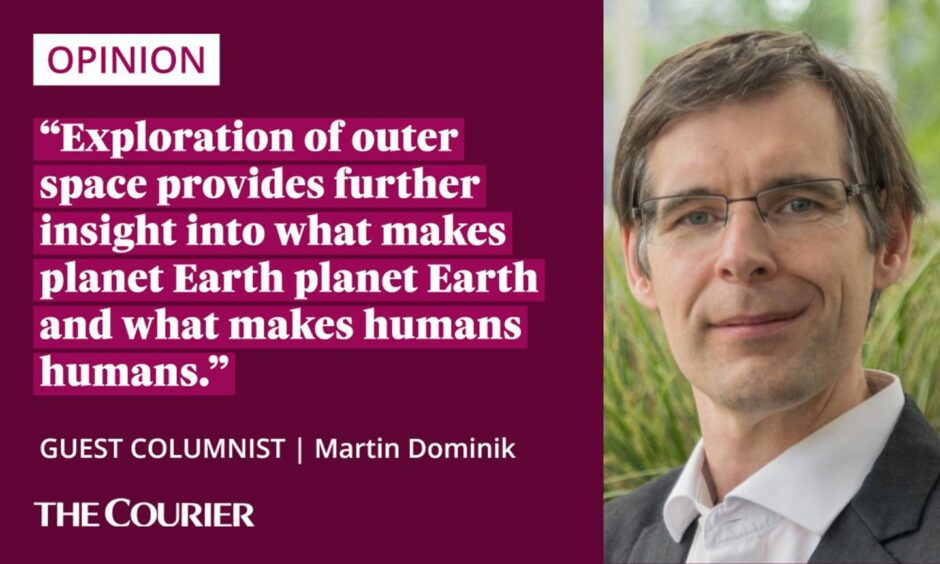
Why should we actually look for other places to live?
Do we fall for a fallacy by thinking we can migrate to “planet B”?
And are we creating a false narrative?
Humans simply do not live off water, rocks, and sunlight, but critically depend on a complex and diverse ecosystem.
Humanity cannot succeed in setting foot elsewhere without addressing the sustainability of the ecosystem it intends to live in.
And any serious plan for human settlement beyond planet Earth will sooner rather than later reveal all the complexities of “spaceship Earth”.
Where’s the sense in trashing planet A in the hope that B works out?
The hospitability of planet Earth is frequently taken as granted, but it is under threat.
When comparing it with any other known place, however, it appears peculiarly precious.
Trashing our home in the belief that we can move to another one would be a dangerous and irresponsible strategy, entirely depending on the hope that “planet B” exists and that it is feasible to settle there.
However, some have emphatically pointed out that there is no “planet B”, and we must take good care to sustain an environment that supports our continuing presence on Earth.
It might be time to appreciate that it is a good place to live, rather than to build on the premise that it will inevitably turn into a bad one sooner rather than later.
The future of humanity depends on sound action and must not be left to speculative visions.
Does that mean however that space exploration is a waste of effort and resources?
And what purpose does it serve?
‘Is it time for planet B?’
In fact, as of now, activities in space are dominated by Earth observation satellites, providing exactly the data that enable us to tackle challenges of environmental sustainability.
Moreover, exploration of outer space provides further insight into what makes planet Earth planet Earth and what makes humans humans.
With about 5,000 planets known that orbit stars other than the Sun, we can now take comparative planetology beyond the Solar System, putting our small blue marble into context within the cosmos.
The question “Is it time for planet B?” will be the matter of debate during the second Blue Earth Project symposium of the Network of Researchers on the Chemical Emergence of Life (NoRCEL), to be held in Leeds (and online) on Saturday January 21.
It will cover a wide range of perspectives, including existential risk, planetary science, biodiversity, future of humanity, and anthropology.
NoRCEL aims to foster a global inspirational community of original creative thinkers cutting across disciplinary confines, who are keen to engage in respectful discourse in order to explore new directions and to build collective endeavours.
With Blue Earth Project, we are building a bridge between the emergence and sustainability of life, the co-evolution of life with its environment, and humankind’s responsibility for the ecosystem of our small planet.
• Register here to take part in the NoRCEL Blue Earth Project symposium, Is it time for planet B?
Dr Martin Dominik, is Co-Director of the Centre for Exoplanet Science at the University of St Andrews.
